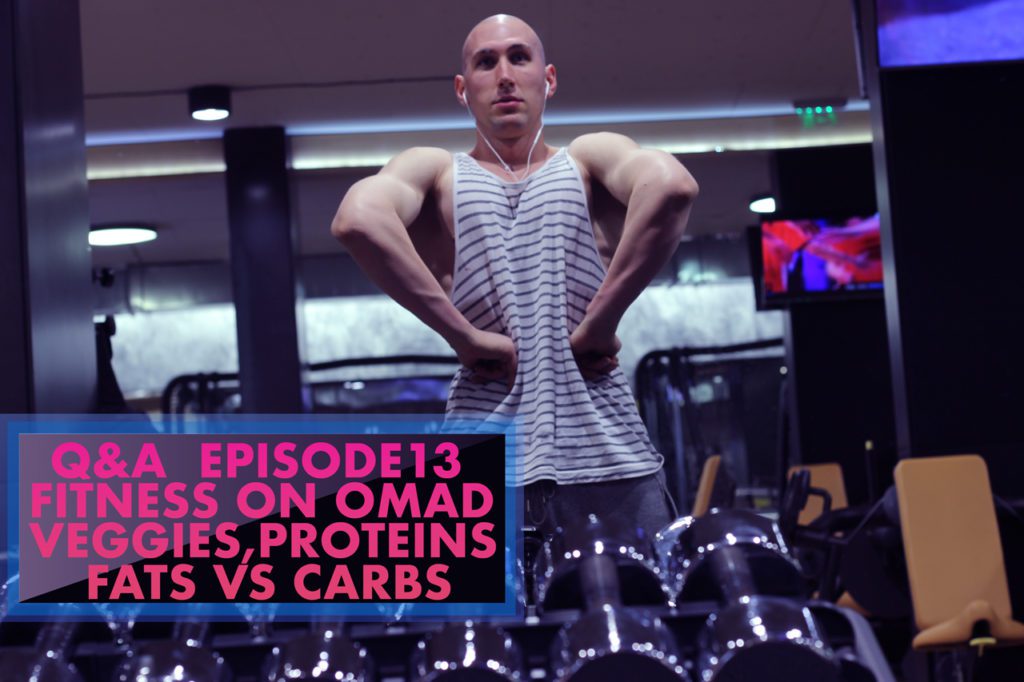[fusion_builder_container hundred_percent=”no” equal_height_columns=”no” hide_on_mobile=”small-visibility,medium-visibility,large-visibility” background_position=”center center” background_repeat=”no-repeat” fade=”no” background_parallax=”none” enable_mobile=”no” parallax_speed=”0.3″ video_aspect_ratio=”16:9″ video_loop=”yes” video_mute=”yes” overlay_opacity=”0.5″ border_style=”solid” padding_top=”20px” padding_bottom=”20px”][fusion_builder_row][fusion_builder_column type=”1_1″ layout=”1_1″ spacing=”” center_content=”no” hover_type=”none” link=”” min_height=”” hide_on_mobile=”small-visibility,medium-visibility,large-visibility” class=”” id=”” background_color=”” background_image=”” background_position=”left top” background_repeat=”no-repeat” border_size=”0″ border_color=”” border_style=”solid” border_position=”all” padding=”” dimension_margin=”” animation_type=”” animation_direction=”left” animation_speed=”0.3″ animation_offset=”” last=”no”][fusion_text]
Can you rely only on proteins and veggies?
Yes, but there are few things I would like to recommend you pay attention to.
As you probably already know vegetables themselves contain mostly carbohydrates.
Some of the veggies have higher glycemic index, while others lower.
The GI is measurement for the amount of carbs in different foods and the way it affects blood sugar levels and insulin.
While some veggies contain more carbs, others contain less.
In the end of the day in both ways, your body will use those carbs for primary fuel source.
Bellow I am giving you few basic tips you might want to follow in order to make sure you are not going to experience any potential negative effects during the 24 hour fasts.
Let’s say you decide to eat only veggies and proteins.
1. Make sure you are able to tolerate really well all of the veggies you consume.
2. Keep in mind that, due to a lot of reasons such as the amounts of lectins specially in the legumes, they might produce many side effects, so pick the right choices.
3. It is important to always observe the way your body responds during the fasted state.
We all have not the same tolerances and respond differently to the foods we consume.
For example:
4. Many people do extremely well on more of the lower glycemic and fibrous types of veggies such as kale, broccoli, cauliflower while others including me get stomach pains and a specific, very similar to the hangover type of effects.
5. Veggie or not if certain food makes you bloated, tired, cranky or lead to any form of cravings and hunger, you should make the proper adjustments and take it out of your menu.
In order get even better understanding, you can get your hands on a fairly non expensive glucometer and measure your blood sugar levels.
Specially pre/post workout and during the fast.
It is more than vital to keep the levels of blood glucose stable through out the day.
It is one of the most fundamental things when doing OMAD and shooting fo optimal levels of performance.
Since your body will rely on carbs i.e. glycogen you want to be 100% sure there are enough to feed your brain, training sessions and productivity during the long fasts.
If for some reason you are not able to get the needed amounts from the veggies this might lead to brain fog, tiredness and even anxiety.
In this scenario I believe you have 2 choices.
#1. Bump your fat intake.
Keep the total amount of carbs you ingest to not more than 20 to 30 grams per day.
Get them mostly from green leafy, fibrous veggies or and increase your fat intake.
Keep moderate amounts of protein.
This will allow you to become a fat burner.
Which means you will start to mobilize fats as primary energy source.
It is called nutritional state of ketosis.
If you are able to tolerate dairy you can incorporate things like grass fed butter or full fat organic cream.
If you prefer vegetable oils that is fine. Just make sure to use high quality products.
You can also add some MCT’S in form of different coconut oils.
In my personal opinion this is the easiest and most essential protocol when it comes to training and living on OMAD.
#2. Incorporate some good carbs.
If you believe the 1st option is not your cup of tea, than you can add some awesome clean sources of carbs in form of safe starches to your diet.
Those are different types of white rice, sweet potatoes, pumpkins and others.
They will supply some rocket fuel for any kind of resistant training.
Due to a lot of experimentations I found I can do really well on some high end white basmati rice and yams.
I find them perfect fuel for high intensity and volume bodybuilding type of workouts.
The fact they are fairly easy to digest makes them ideal for OMAD plan.
In the end of the day everything depends on your personal preferences.
I hope that makes sense.
Yours truly:
Peteonthebeat
[/fusion_text][fusion_youtube id=”https://www.youtube.com/watch?v=WMXJ4fPQLSQ” autoplay=”false” hide_on_mobile=”small-visibility,medium-visibility,large-visibility” /][/fusion_builder_column][/fusion_builder_row][/fusion_builder_container]
